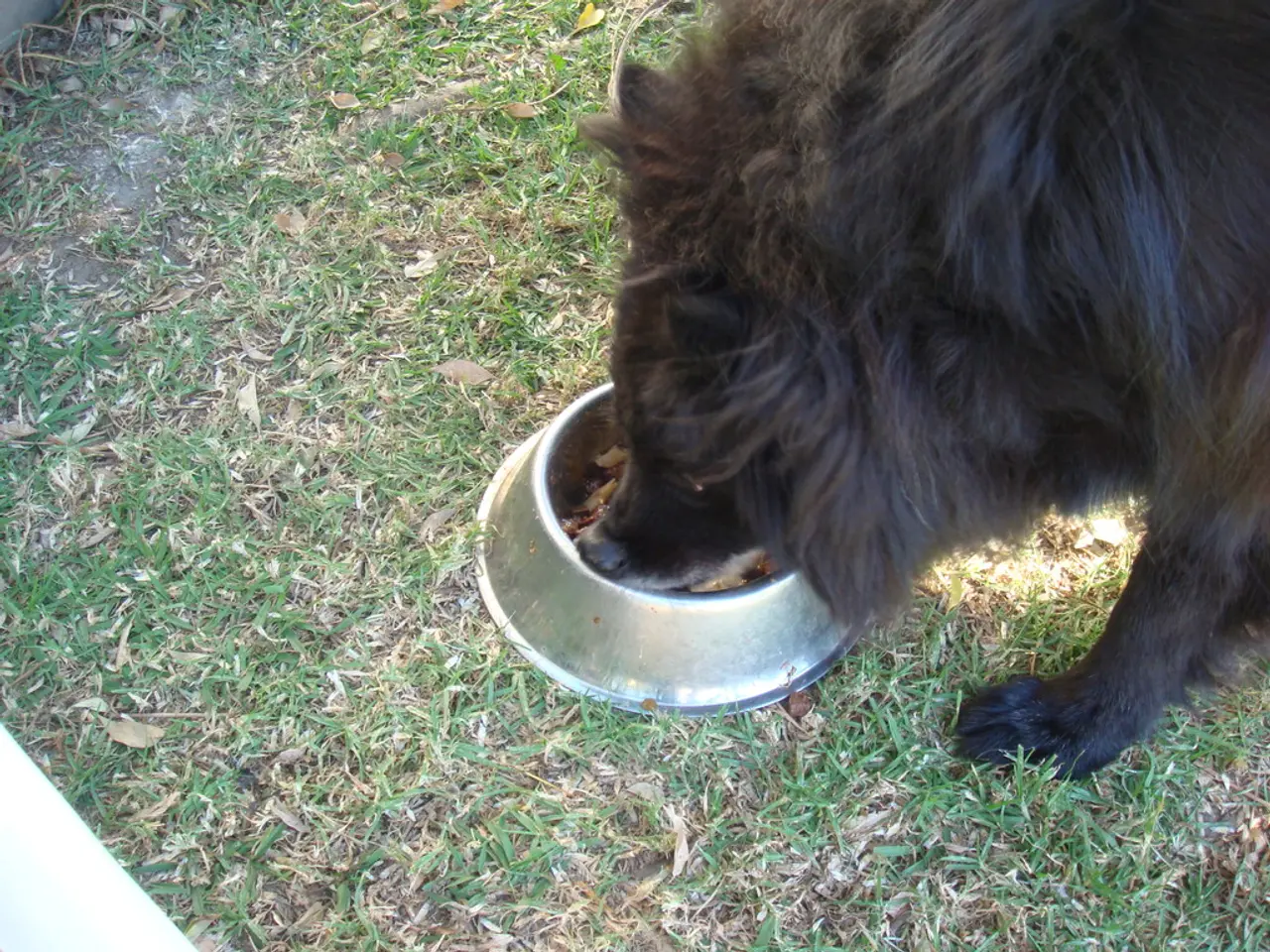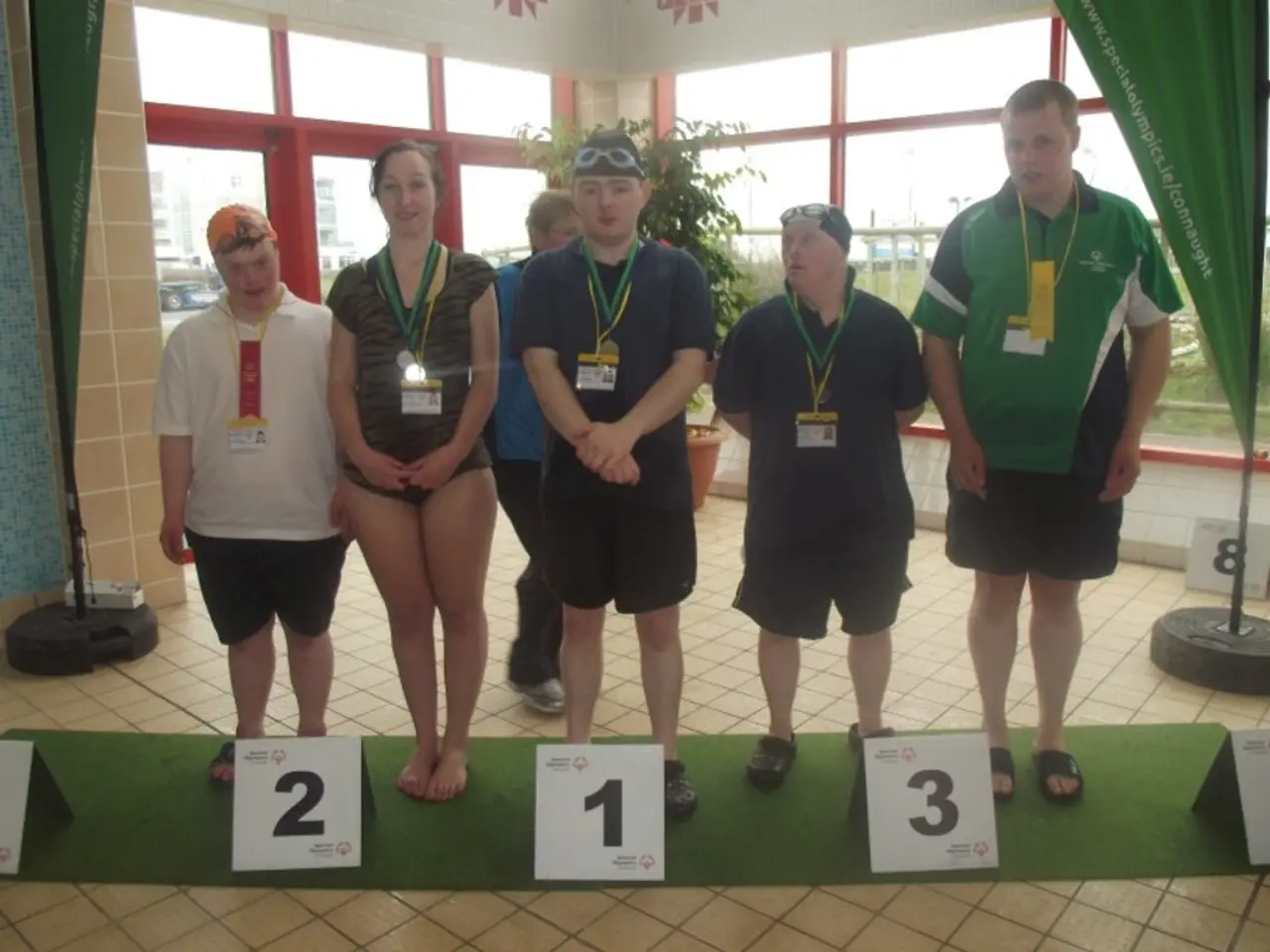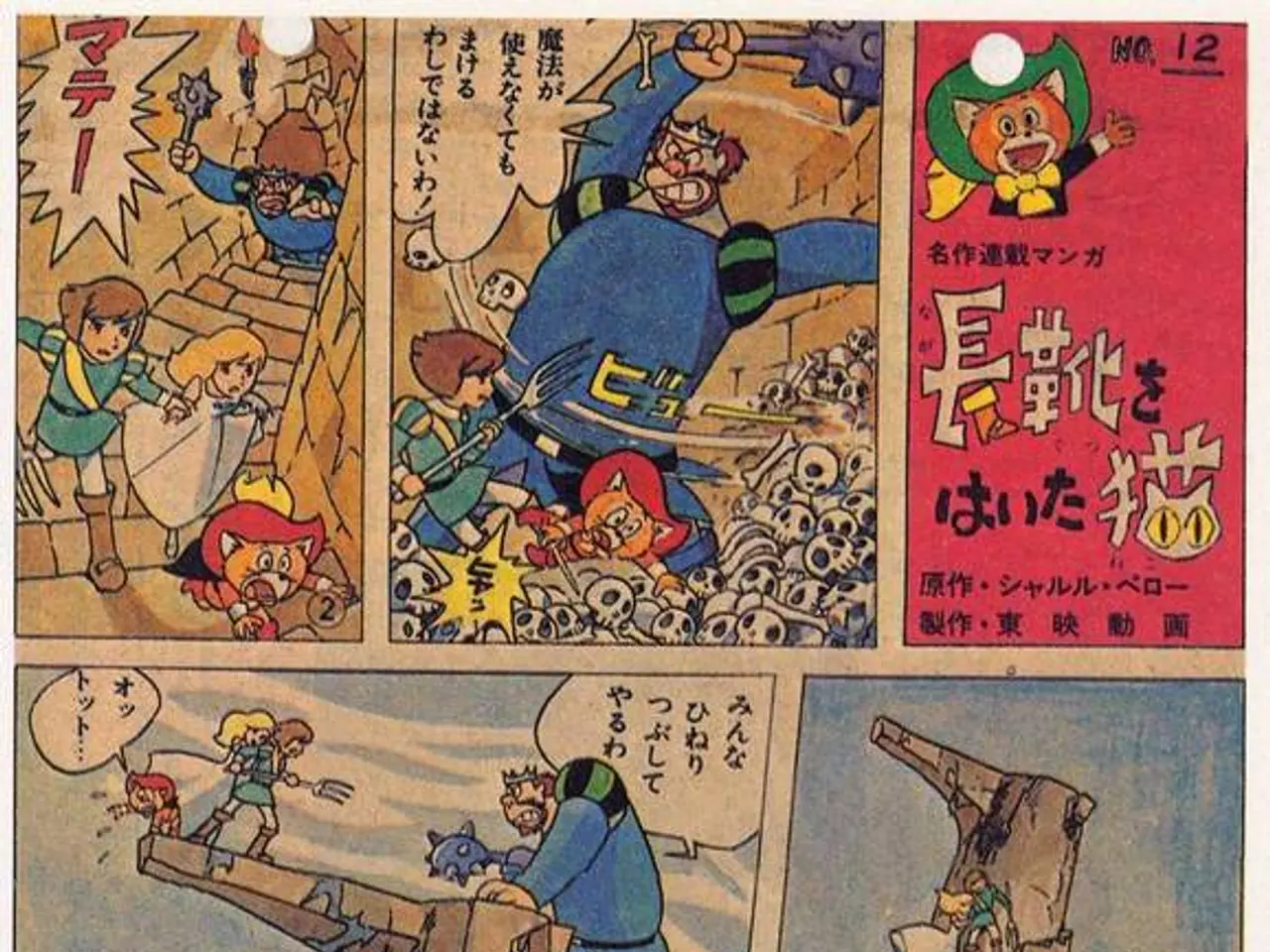India-Sri Lanka Livestock Conference Signals Fresh Era of Mutual Collaboration
The India-Sri Lanka Livestock Meet, held on July 1-2, 2025, marked a significant step towards strengthening cooperation in the animal health, research, and trade sectors between the two nations. Hosted by the Confederation of Indian Farmers and Agricultural Producers (CLFMA) in association with the Sri Lanka Veterinary Association (SLVA) and the World Poultry Science Association - Sri Lanka Branch (WPSA-SL), the event brought together key industry leaders and high-level dignitaries.
The two-day event, held at Hotel Taj Deccan, Hyderabad, began with a welcome address by CLFMA Chairman, Divya Kumar Gulati. Gulati outlined CLFMA's mission, recent initiatives, and long-term vision for regional collaboration, setting the tone for the discussions that followed.
The dialogue focused on aligning efforts in livestock breeding, veterinary research, nutritional advancements, and capacity building. Dr. Ushan Pallegama, President of SLVA, and Dr. Mallawa Arachchi, President of WPSA-SL, expressed strong interest in establishing long-term collaboration with CLFMA. Dr. Palika Fernando, representing the Sri Lankan government, expressed the country's interest in strengthening technical and research collaboration with Indian counterparts.
The atmosphere was marked by mutual respect, a shared purpose, and a strong willingness to build a sustainable, long-term partnership. Dr. Sulakshana Jayawardana, reaffirming the Sri Lankan government's commitment, emphasised the importance of structured, cross-border cooperation.
The formal sessions of the India-Sri Lanka Livestock Meet served as a platform for discussing crucial aspects like policy alignment, knowledge exchange, and feed innovation in the livestock sector. Although specific details about the outcomes on feed innovation are not provided, it is reasonable to assume that discussions included collaboration on disease management and veterinary care, advancements in livestock breeding and disease prevention technologies, enhancing trade agreements, and harmonising policies to support regional livestock development and trade.
The event concluded with a felicitation of dignitaries, a vote of thanks by Nissar F. Mohammed, and a formal dinner. The CLFMA delegation, which included key industry leaders such as Chairman Divya Kumar Gulati, Deputy Chairman Naveen Pasuparthy, Honorary Secretary Nissar F. Mohammed, Treasurer R. Ramkutty, President - East Zone Sameer Chotai, Member of the International Liaison Committee Jaison John, and Executive Director Colonel Vinay Kumar, extended a formal invitation to the Sri Lankan delegation to participate in CLFMA's upcoming 66th National Symposium and 58th Annual General Meeting, scheduled for August 22-23, 2025.
This meeting, while providing limited specific information, sets the foundation for regional cooperation in the livestock sector between India and Sri Lanka. As regional partnerships continue to grow, it is expected that the benefits will extend to both countries' livestock and poultry sectors, fostering a robust, sustainable, and inclusive ecosystem for the region.
During the formal dinner concluding the India-Sri Lanka Livestock Meet, Chairman Divya Kumar Gulati extended an invitation for the Sri Lankan delegation to participate in CLFMA's education-and-self-development events, such as the 66th National Symposium and 58th Annual General Meeting. Meanwhile, discussions on the first day focused on the importance of capacity building in sports like livestock breeding, which could potentially lead to weather-resistant strain development, helping both countries mitigate challenges posed by unpredictable weather patterns in their livestock sectors.




